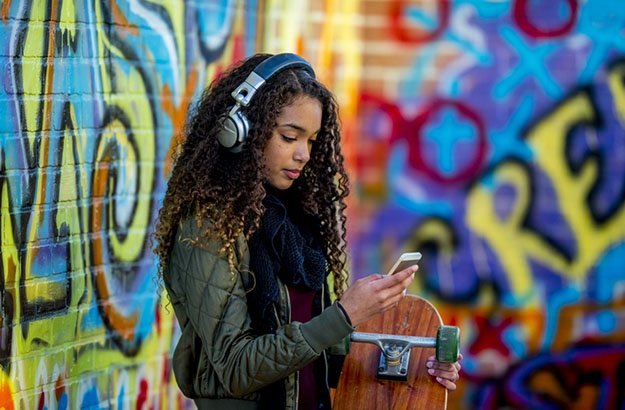Will WhatsApp’s new minimum age limit affect SA teens? And how can parents ensure their kids stay safe while using the messaging service?
On 24 May the European General Data Protection Regulation (GDPR) will come into effect and aims to give Europeans the right to know and regulate what data is stored on them, as the Facebook-owned messaging service, WhatsApp, for example, has openly admitted to sharing information with Facebook for ad targeting and other uses, according to The Guardian.
But Europe, and the new GDPR, is saying no more, and WhatsApp will have no choice but to comply. With that they’ve recently increased the minimum age for users in the EU, writing on their website:
“If you live in a country in the European Economic Area (which includes the European Union), and any other included country or territory (collectively referred to as the European Region), you must be at least 16 years old (or such greater age required in your country) to register for and use WhatsApp.”
Before the minimum age was increased from 13 years old, users needed no more than a mobile number to use the messaging platform – and this will probably remain the case in South Africa (scroll down to read more) – but in Europe users will now have to confirm that they are 16 years old, or older, when accepting WhatsApp’s terms and conditions.
In relation to those controversial privacy laws, for those aged 13-15 who already have access to the service, WhatsApp asks that they nominate a parent or guardian to give permission for them to share information with the social network so as to not limit personalisation of the site. This, while also announcing they’ll allow users to access reports detailing what information they’ve collected on them.
So what about those outside the EU?
“If you live in any other country except those in the European Region,” the WhatsApp site continues, “You must be at least 13 years old (or such greater age required in your country) to register for and use WhatsApp.”
Why it won’t affect SA?
Because we don’t go by the same rules and regulations as that of the GDPR, the minimum age to use WhatsApp remains 13 years old in South Africa, for now. But will our Protection of Personal Information Act (POPI) change this when it comes into affect? Arthur Goldstuck says no.
The technology analyst told Fin24, “If WhatsApp is compliant with the GDPR, then it will also be compliant with POPI, but age is not a factor regarding POPI. It is, therefore, unlikely that WhatsApp will take similar steps to increase the age restriction in SA. POPI is more about the protection of private information as opposed to that of minors.” \
What parents need to know
WhatsApp includes on their site that “creating an account with false information”, a.k.a. lying about your age, “is a violation”of their terms. “Registering an account on behalf of someone who is undersage is also a violation of our Terms,” they say.
But what are they going to do? Lock a 13-year-old up in cyber jail? If anything, this just proves how easy it is for underage users to create an account, and if you ask us, an impressionable 13 still seems a little too young. So we’ve rounded up a few things for you to ensure your kids are safe online.
1. Check their privacy settings
To check and change your privacy settings, follow these steps: Settings > Account > Privacy.
This will allow you to control who sees their information including their “Last seen” status, profile photo and status. You can switch between “Everyone” who has WhatsApp, “My Contacts” and “Nobody”.
2. Remove their live location
Under Privacy you’ll also find “Live Location”, which means you’re sharing your current location, if you’ve got your cellphone on you, with a particular contact. Make sure this is turned off at all time.
3. Block users
Also under privacy are a list of blocked contacts.
If you’re worried about your child communicating with anyone suspicious, you should definitely report that person immediately, but you can also block people you know that you simply don’t feel they should be communicating with.
To do this click on their name at the top of the chat and scroll down to where it says “Block Contact”.
4. Keeping tabs
While we’re in nowhere telling you to spy on your kids – imagine the irony of that – we do absolutely encourage you to keep tabs on them. You can do this in two ways:
To back up all conversations with any suspicious parties, follow these steps: Setting > Chats > Chat Backup. This will store their chat history on the Cloud.
You can also request a report that doesn’t include chat history but will have information on any of their updated profile photos and names of any groups they may have joined. You’ll find the prompt for the report by clicking: Settings > Account > Request Account Info.

